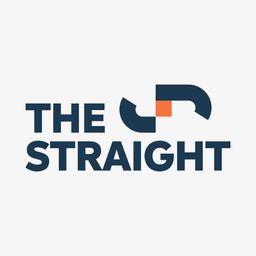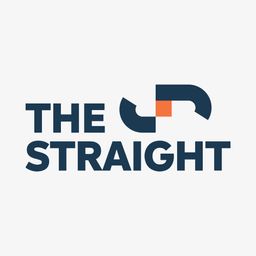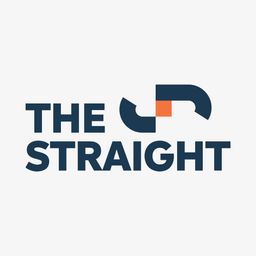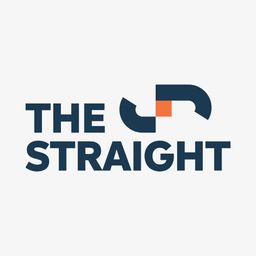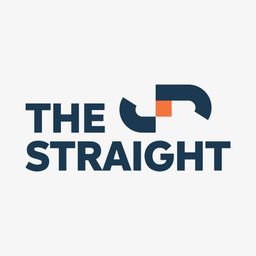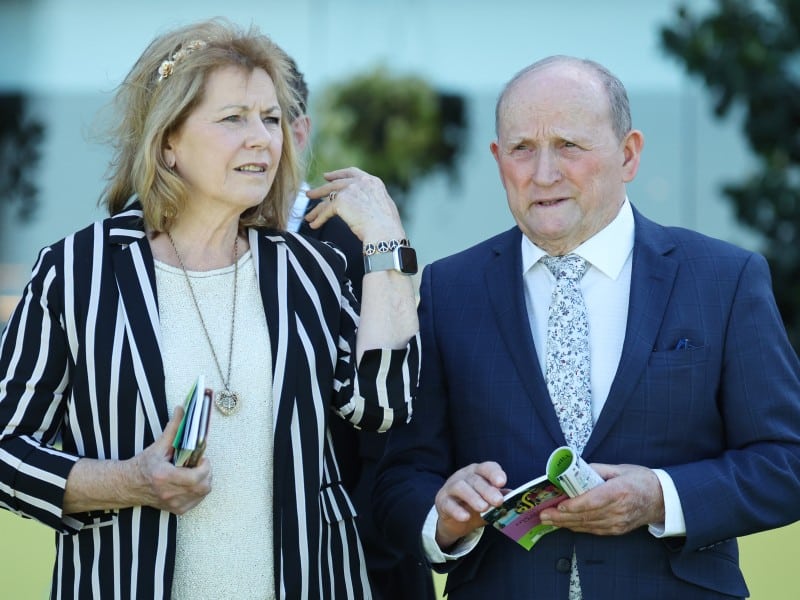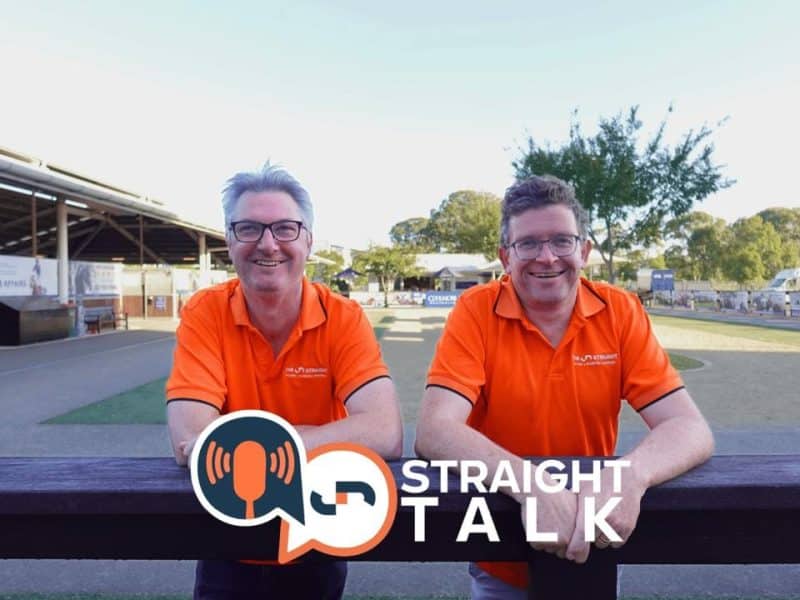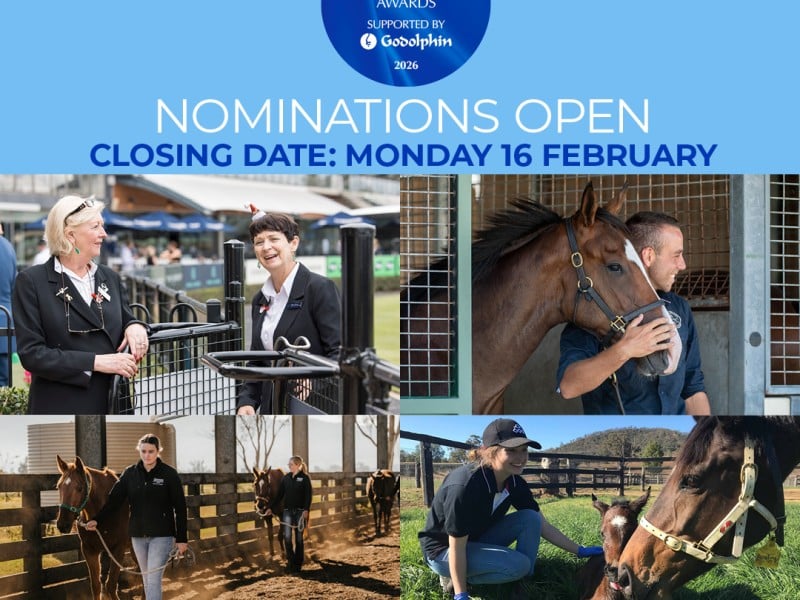What will be the five biggest wagering stories of 2025?
In 2024, we saw a host of massive stories in the wagering space.
Adam Rytenskild’s shock sudden departure from Tabcorp, Gillon McLachlan’s appointment as his replacement, the federal government’s on-again, off-again wagering advertising agenda, the merger of BlueBet and betr, turnover slumps, the growth of sports betting, TAB outages, the campaign for national tote, underage gambling, new players, and a cash betting crackdown just to name a few.
What does 2025 have in store? Plenty more drama and developments no doubt.
We look at what we believe will be the biggest stories of 2025 in the Australian and New Zealand wagering space.
5. Fitter, happier Tabcorp
Gill McLachlan firmly has his feet under the desk having taken over the CEO job in September. He said at the time ‘we require change’ and has already embarked on that agenda, including the loss of 200 jobs in the past six weeks. He is looking to reform a business which is ceding market share and recorded a $1.36 billion loss last financial year.
The previous ‘TAB 25’ strategy has been abandoned as McLachlan seeks more than just a tweak of the focus, but a full mentality reset after criticism Tabcorp has become bloated and inefficient. He announced a suite of executive changes on the eve of Christmas, with a trio of key appointments and a couple of notable departures. There has also been a chief wagering officer position established.
After a year in which the share price has plummeted from 83 cents to a low of 39 cents in September (it has since rebounded to 59 cents), there is a fair bit to do to achieve a turnaround in 2025.
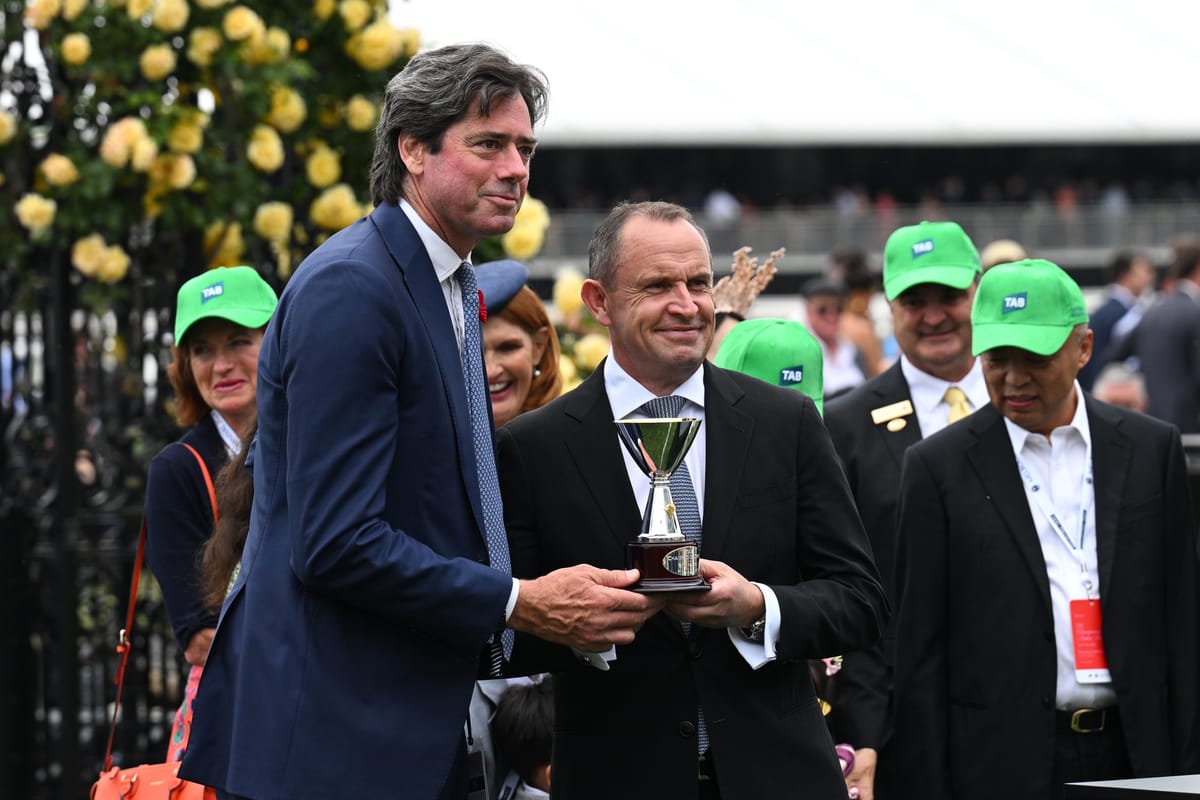
4. The rise of the global crypto wagering powers
While major crypto wagering companies such as Stake.com and Sportsbet.io emerged in the ‘grey market’ regulation space, such has been the success of their business model, they are now successfully growing their base through various regulated markets. By 2030, it is estimated these businesses will have over 30 per cent of the world’s gambling revenue.
Stake, with a base in Melbourne but licensed in Curucao, is already the third biggest wagering company in the world, tapping into a market of global punters whose appetite and understanding of risk through crypto makes them ideal casino, sportsbook and even racing punters.
Stake’s billionaire founders Ed Craven and Bijan Tehrani already have a piece of PointsBet and have been rumoured to be pursuing an Australian-based option for some time. Crypto betting is now illegal in Australia, but even with a fiat currency model, they could apply their experience to build a substantial foothold in a mature market like Australia.
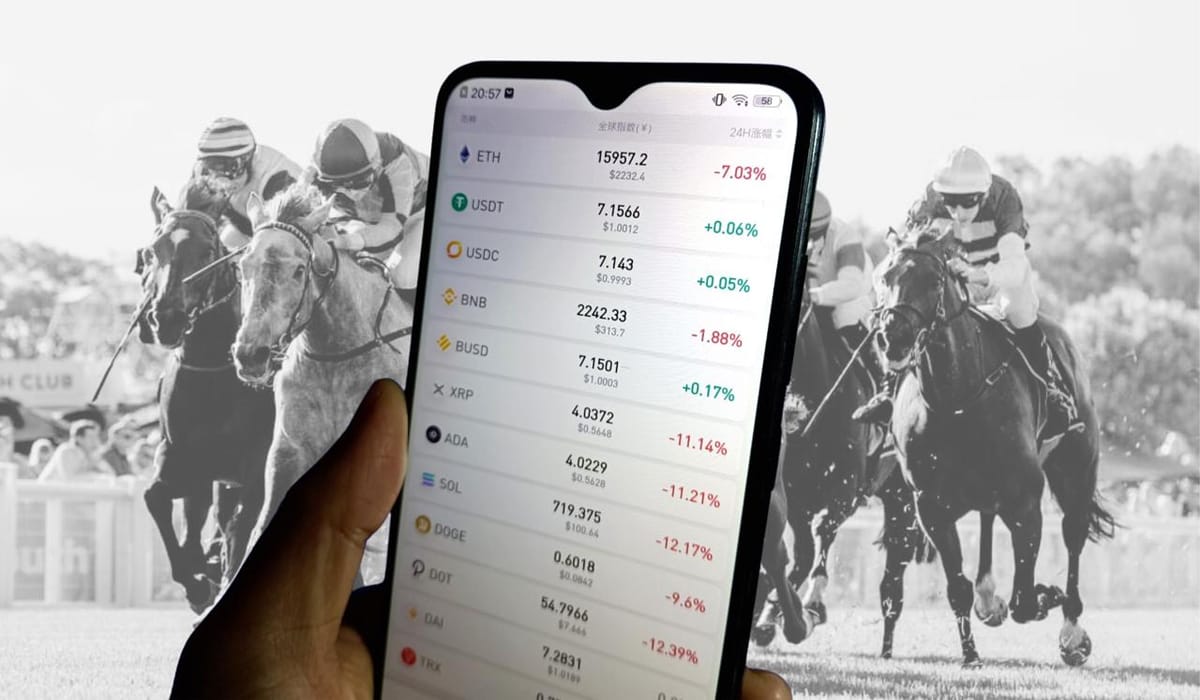
Australia has become a more difficult market for global players like Flutter and Entain, who operate Sportsbet and Ladbrokes/Neds respectively here. It’s highly taxed, highly regulated, highly saturated and has now reached a point where turnover is declining and margin is front of mind.
With so much growth to be gained out of the United States, especially for Flutter, Australia has become a much less important part of their business. New competition from a very well-funded outfit like Stake would make it even more difficult.
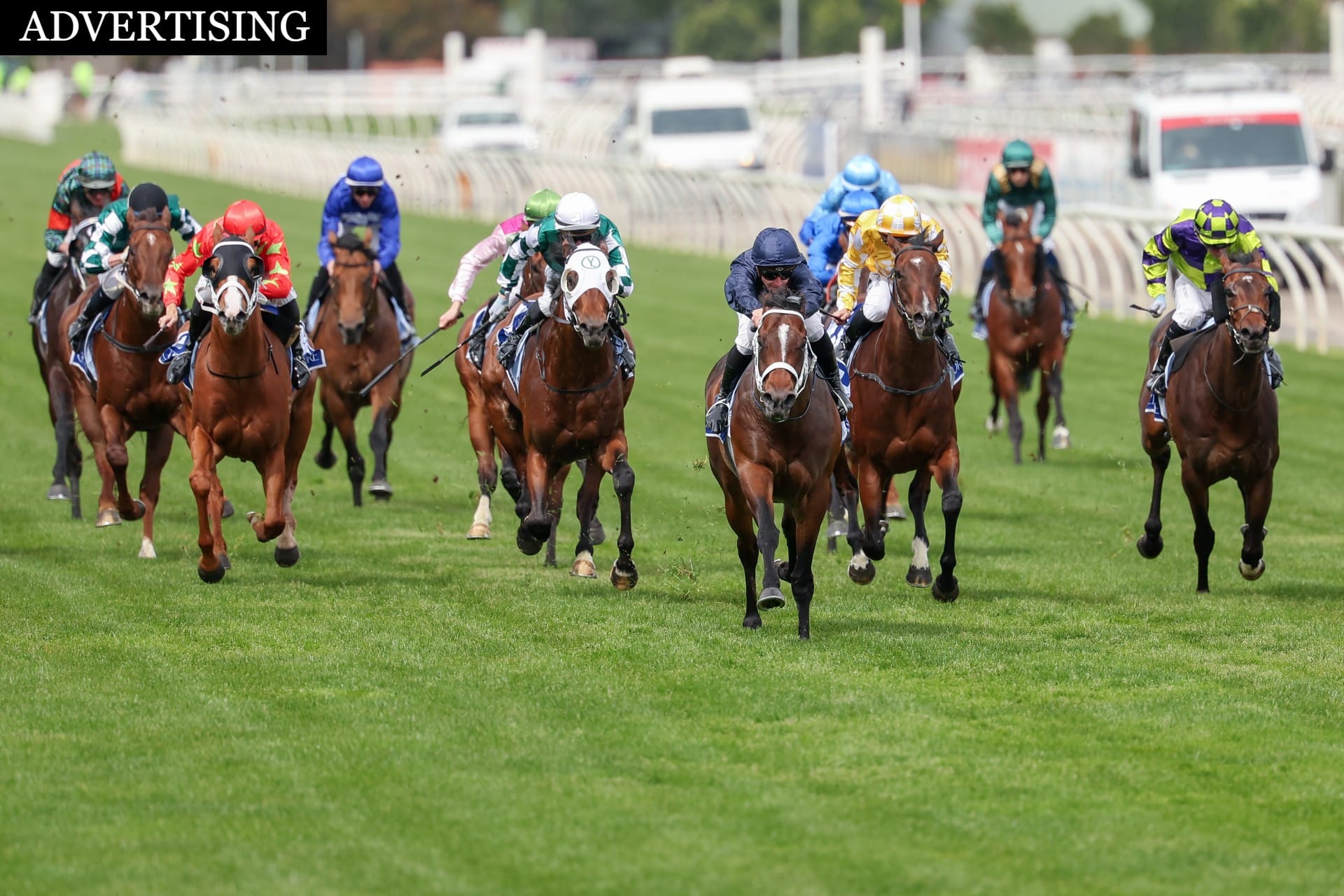
Aushorse Investor’s Guide 2025
- More Races worth $1 million+ than Europe & America combined
- More than 140,000 Australians involved in racehorse ownership
3. Mergers and acquisitions
Despite the circumstances discussed in the previous point, it is unlikely that we will see the local arms of Sportsbet or Ladbrokes carved off in 2025. The long-term tenure of Bet365 in Australia is less certain and has been the source of speculation for several months.
The merger of BlueBet and betr was significant this year and even more significantly is its stated desire to build to 10 per cent of market share through organic and inorganic growth. Inorganic is code for acquisition, which given the combined company is expected to be EBITDA positive this financial year, could see them shopping for some smaller providers to grow their business.
PointsBet is in an interesting space. As mentioned in this column last year, it is a bit ‘stuck in the middle’ but its numbers, driven by a sports first approach, have been impressive across the year as they grow market share.
Their share price reflects this having increased from 47 cents on July 1 to $1 currently. The focus on the Australian and Canadian business is generating good results as is their much more targeted market spend. The move to quit the United States in 2023 was a canny one, and they too could be in the market to snap up a rival or two in the new year.
At last count (thanks @nickwhite1995), there were 106 corporate bookmakers in Australia, having grown from 27 in March 2021. While platforms like Punterstech, Betmakers and the like have lowered the barrier to entry for new players, the battle for the customer has become harder and harder in a saturated market. It is hard to see how all these will survive in a world where advertising is heavily regulated.
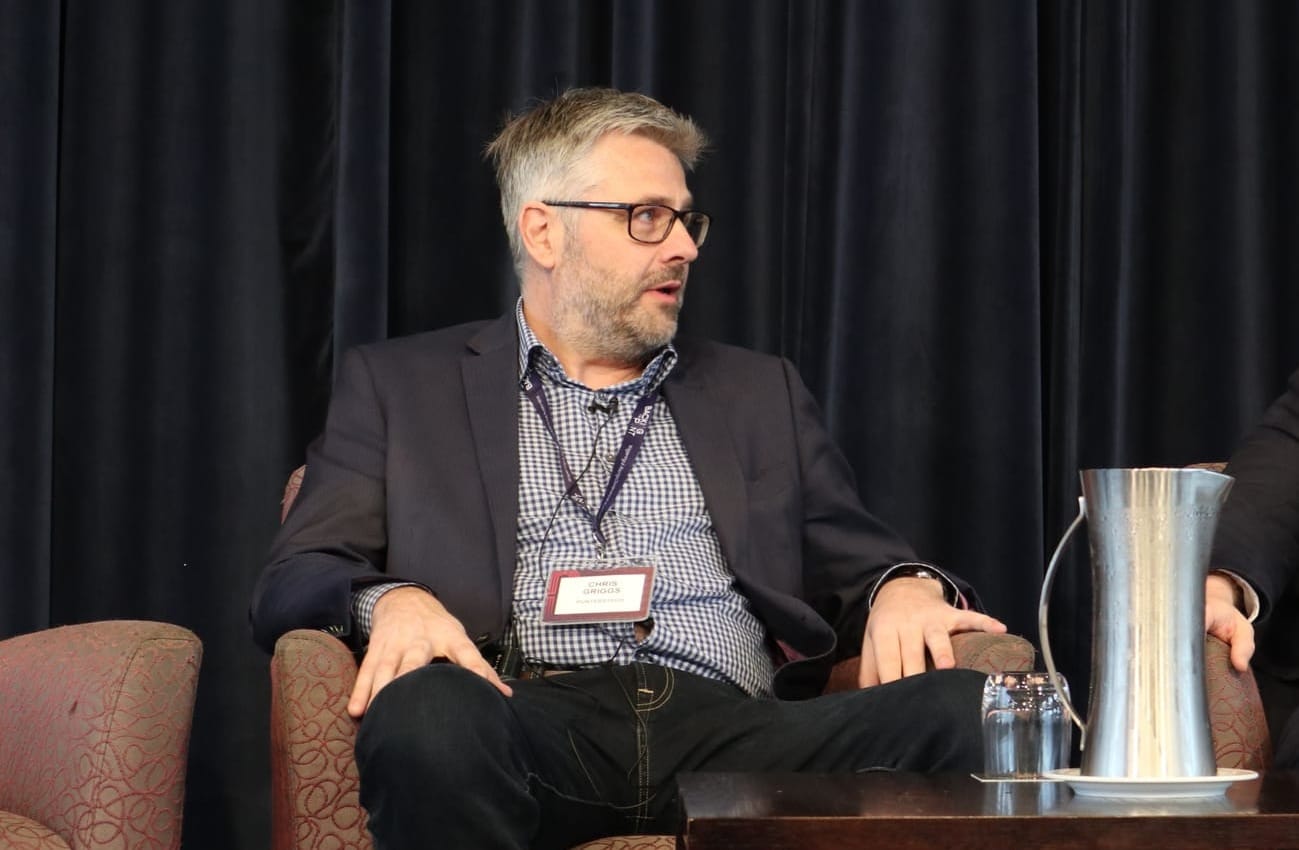
2. The Tabcorp deal in New South Wales
This is a huge deal both for the funding of racing in New South Wales and the desire of Tabcorp to exit a deal which is proving a stone around its neck, financially. This unhappy marriage, wrapped up in the guise of a joint venture, still has nine years to run, but the NSW Treasurer Daniel Mookhey put a review of it on his agenda in June this year.
That review won’t get done in 2024 as initially planned, as the complexity of the deal, plus the fact there is a new Tabcorp CEO, has meant it has taken longer than expected to pull all the pieces of the deal apart to see how they work. The upside for the NSW racing industry could be a very different funding model, with the racing clubs possibly in line for a windfall.
Tabcorp needs the deal done. Its NSW business contributed a $596 million impairment to its bottom line in the 2023/24 financial year, while expectations are that the Victorian business will be massively better off after the end of the joint venture agreement here in mid-2024.
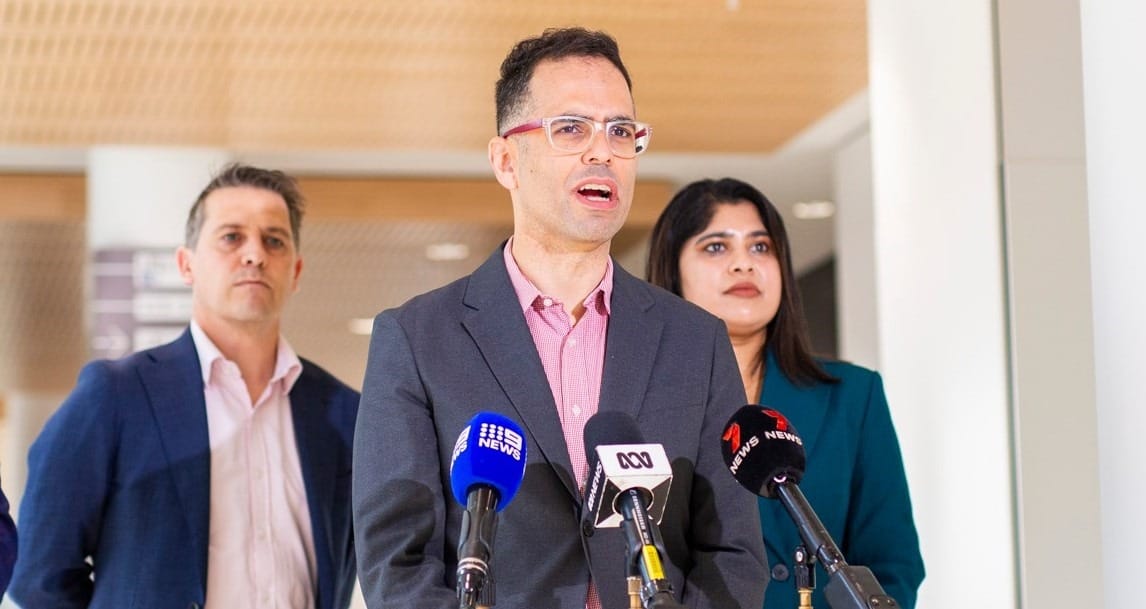
You would think with such strong support from all parties that a deal is reached, but there are a couple of major sticking points.
The first is if the New South Wales government wants to introduce a 20 per cent Point Of Consumption Tax, up from the current 15 per cent. Racing NSW don’t want this, neither does Tabcorp, but the government needs to find its upside in the deal somewhere.
The second sticking point is the current requirement in the NSW Thoroughbred Racing Act that the NSW Racing Minister has to approve if Tabcorp is going to have a shareholder of more than 10 per cent. It is a quite remarkable restraint on a public company to have this approval in case and it has thwarted Tabcorp’s ability to raise capital before. If it could negotiate its way out of that clause, it would be a huge benefit.
1. Gambling advertising reform
Number one for the second straight year is the prospect of reform to gambling advertising. This has been an extraordinary 18-month long saga since the You Win Some, You Lose More parliamentary report was handed down.
The consultation process, headed up by Communications Minister Michelle Rowland, has been long and complicated. There have been non-disclosure agreements and leaks, rumours and outrage, and to be brutally honest, a surprising lack of action by the federal government.
As we understand it, Rowland wants to introduce a blanket ban on social media advertising, allow two ads per hour in certain times on broadcast and impose limits on digital advertising as well. It is believed there will be a carve out for racing media, but this has not been formally confirmed.
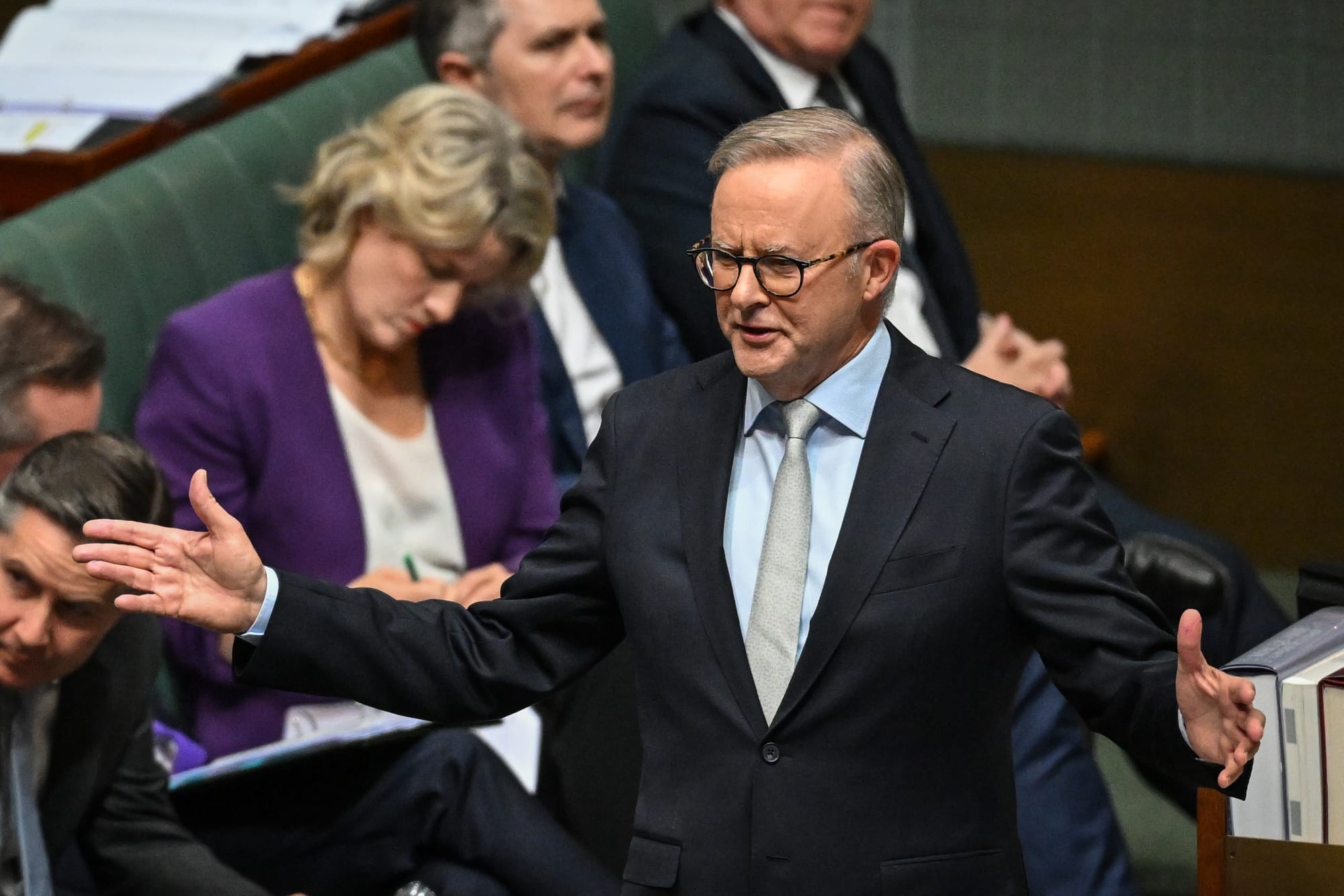
Now we have the situation where it has been thrown into the chaos of a federal election campaign. Crossbenches and Greens MP are determined to impose a total ban, a move the wagering industry say will cost it $1 billion a year. The Liberal opposition have been critical of the government’s inaction but have not expressed their precise policy on gambling ad bans beyond getting it out of live sport.
The challenge for both sides of politics is that they may need the crossbench to govern in minority in what is expected to be a tightly fought federal election. Deals will be done and there are votes to be had in getting tough on ubiquitous wagering ads.
The voice of the racing industry hasn’t been in the forefront of those discussions to date, although Peter V’landys has used his dual roles with Racing NSW and the ARL Commission, in a bid to be heard by Prime Minister Anthony Albanese.
Wagering companies, hoping for measured reform in this space, are understandably nervous to see how all of this plays out.

